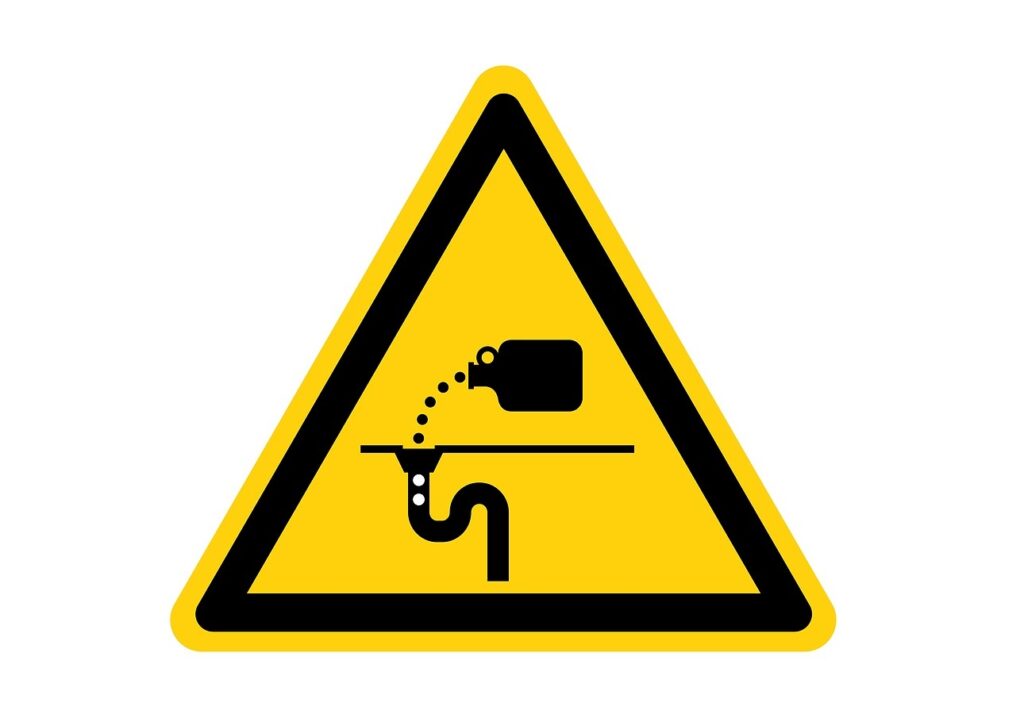When we talk about home disposal methods for household products, it usually comes down to throwing them away in the trash or dumping it down the drain. However, the latter has many more restrictions, especially when it comes to anything that might make it into a storm drain. Learn more about why household products should be kept out of our wastewater and stormwater.
Why Certain Products Can’t Go Down the Drain
It’s important to understand the complex system that recycles our wastewater and the detrimental effect certain products can have on any part of the system. Before you tip a bottle down the drain, make sure to read the label for disposal instructions or check online first.
- Pipes: Depending on the pipes in your area, including those leading from your home and the municipal system, certain products can damage or corrode the pipes or lead to clogs (see below).
- Clogs: Non-liquid products that go down the drain (or the toilet), such as baby wipes, can cause clogs to form, including so-called fatbergs where solids congeal with fats and oils (two other things not to dump down the drain).
- Treatment Plants: At the end of the wastewater’s trip is the treatment plant, which uses mechanical and chemical separation to clean wastewater. However, not all products can be cleansed from the water.
Understanding Storm Drains and Stormwater
The other half of keeping products out of the water is more circumspect. While you’ve probably seen labels on storm drains or a local awareness effort to stop dumping into storm drains, your contamination of this stormwater – which is generally untreated and drained back into your water ecosystem – is accidental. Common examples include runoff from lawn fertilization and driveway crack repairs, which can send chemicals into the stormwater that interferes with local wildlife, such as fish and algae.
Hazardous Household Products in the Water
Beyond normal household products, there are also specific hazardous products and waste that can’t be disposed of down the drain (or the trash) and need to be disposed of at special facilities. For example, automotive products: not only are oil-based automotive products a big no when it comes to tossing down the drain but all auto products that come in contact with car internals – such as antifreeze – can be polluted with metals from cars.
With the large number of household products that are hazardous and with local restrictions, we recommend checking with your county or state on best practices, such as here in Massachusetts being MassDEP. For residents of Massachusetts and surrounding states, the Household Hazardous Products Collection Centers of NEDT can also help you keep household products out of our water. Learn what we accept and plan your trip today!



Leave a Reply